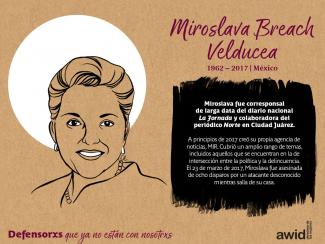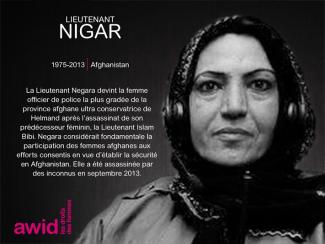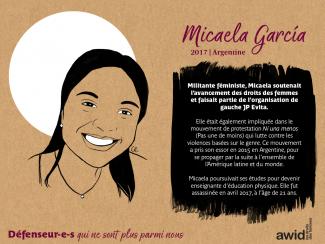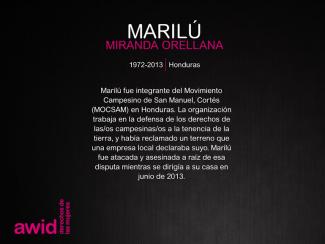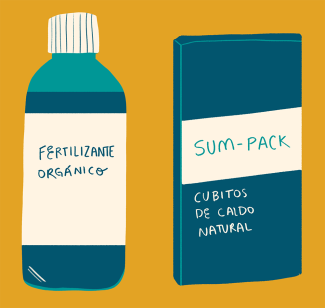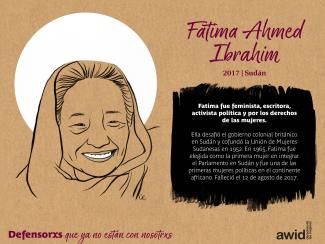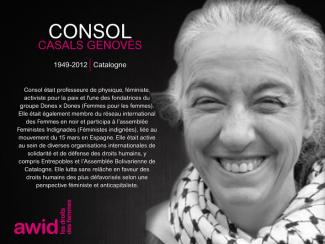An online community for and by young feminists working on women’s human rights, gender equality and social justice around the world.
Visit the site
The platform is the go-to place for information and resources on safeguarding the universality of rights in international and regional human rights spaces.
Visit the site
Provides funding for young feminist-led initiatives. It aims to strengthen the capacity of young feminist organizations to leverage resources for their work and to increase donors’ and allies’ commitments to resourcing young feminist activism.
Visit the site
A go-to site to learn about the urgent responses undertaken to protect women human rights defenders and to find tools and resources to support the work and wellness of WHRDs.
Visit the site
A regional initiative created to prevent, respond, document and make public all cases of violence against women human rights defenders in the Mesoamerican region.
Visit the site
The WHRD IC is a resource and advocacy network for the protection and support of women human rights defenders worldwide.
Visit the site
A Coalition of feminist, women´s rights, women´s development, grassroots and social justice organisations working to challenge and reframe teh global development agenda.
Visit the site
The role of the Women’s Major Group is to assure effective public participation of women’s non-governmental groups in the UN policy processes on Sustainable Development, Post2015 and Environmental matters.
Visit the site
An alliance of women’s organizations and networks to advocate for the advancement of gender equality, women’s empowerment and human rights in the Financing for Development (FfD) related UN processes.
Visit the site
